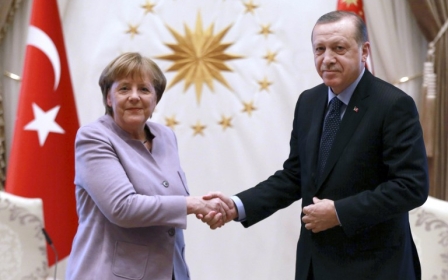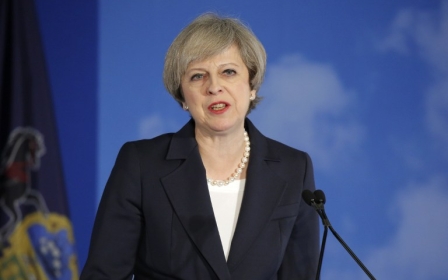Turkey moves billions in state assets to wealth fund for megaprojects

The Turkish government has ordered the transfer of billions of dollars in state assets to a sovereign wealth fund, in a huge shake-up of holdings aimed at financing ambitious infrastructure projects championed by President Recep Tayyip Erdogan.
The assets being transferred to the sovereign wealth fund range from wholly state-owned Ziraat Bank, the government's minority shareholding in flag carrier Turkish Airlines, as well as smaller firms like the state tea-making company.
Ozgur Altug, economist at BGC Capital in Istanbul, said in a note to clients he estimated the value of the transferred assets to be $33 billion and the wealth fund would enjoy the dividends rather than the budget.
"The existing management and business plans of the companies will continue, as will cooperation with all relevant stakeholders, including international financial institutions," the government said in a statement late Sunday.
The fund was established in August 2016 but this is the first time that significant businesses have been transferred under its control. It was already controlling horse racing and lottery assets.
When the fund was founded in August, the state-run Anadolu news agency said it would be used to finance "mega projects" such as the planned Istanbul shipping canal and a new three-level tunnel under the Bosphorus.
Erdogan fondly refers to such plans as his "crazy projects" aimed at transforming infrastructure to create a "new Turkey".
Last year alone saw the building of the third road bridge across the Bosphorus and the first road tunnel underneath the strait.
Officials have said the fund aims eventually to have a value of $200 billion (187 billion euros). There was no official comment on the total valuation of the assets moved.
'Ensure megaprojects'
But the plan did not meet universal approval, with the spokeswoman of the opposition Republican People's Party (CHP) Selin Sayek Boke calling it a "palace mortgage fund" in reference to Erdogan's presidential complex.
CHP MP Faik Oztrak meanwhile compared it to the excesses of 19th century Ottoman bureaucracy.
But government spokesman and deputy prime minister Numan Kurtulmus strongly defended the fund, saying it was aimed at "guaranteeing the strength of the economy against external interference".
He said the accusations of the CHP were "wrong and inappropriate", adding that the fund would be a "national institution".
James Sawyer, Turkey analyst at Eurasia Group, said the announcement was in line with Erdogan's vision of a more state-run economy as the nation prepares for a referendum this year on expanding his powers.
"This move will further centralise economic policy-making in Erdogan's hands without any oversight," he told AFP.
"These assets will most likely be used to ensure that funding for infrastructure megaprojects continues at any cost."
Turkey is following in the steps of several countries in putting key national assets into a sovereign wealth fund, which can be used for major projects, maintaining pensions and national welfare programmes, or in times of crisis.
But Ankara's fund is so far well behind the biggest sovereign wealth funds in energy-rich Norway and the Gulf as well as China.
Norway's sovereign wealth fund is the world's largest, worth $892 billion and holding stakes in around 9,000 companies worldwide.
Middle East Eye propose une couverture et une analyse indépendantes et incomparables du Moyen-Orient, de l’Afrique du Nord et d’autres régions du monde. Pour en savoir plus sur la reprise de ce contenu et les frais qui s’appliquent, veuillez remplir ce formulaire [en anglais]. Pour en savoir plus sur MEE, cliquez ici [en anglais].




